Similarity & difference
The inclusion of ‘similarity and difference’ as a second-order concept within the National Curriculum is essentially concerned with helping students to move beyond stereotypical assumptions about people in the past, to recognise and analyse the diversity of past experience. While some degree of generalisation is essential in making claims about the past, paying attention to the extent of similarity and difference between different sorts of people – and between people within the same group – is important in helping students to appreciate the reality of past lives. This collection of resources illustrates the ways in which teachers can help students to recognise the complexity of past societies, without being overwhelmed by it, and how teachers can plan for progression in students’ analysis of the extent and nature of similarity and difference. Read more
-

Connecting past and present through the lens of enduring human issues: International Women’s Day protests
ArticleClick to view -

Using the present to construct a meaningful picture of the medieval past
ArticleClick to view -

Film: What's the wisdom on...Similarity and Difference
ArticleClick to view -

What’s The Wisdom On... Similarity and difference?
ArticleClick to view -

Cunning Plan 177: teaching about life in Elizabethan England by looking at death
ArticleClick to view -

‘Man, people in the past were indeed stupid’
ArticleClick to view -

Triumphs Show 167: Keeping the 1960s complicated
ArticleClick to view -

Cunning Plan 167: teaching the industrial revolution
ArticleClick to view -

Using databases to explore the real depth in the data
ArticleClick to view -

New, Novice or Nervous? 155: Similarity & Difference
ArticleClick to view -
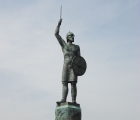
Year 9 face up to historical difference
ArticleClick to view -

Cunning Plan 149.2: Exploring the Migration experience
ArticleClick to view -
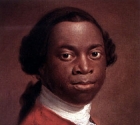
Triumphs Show 148.1: collaborating to commemorate Olaudah Equiano
ArticleClick to view -
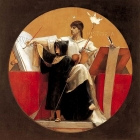
Where are we? The place of women in history curricula
ArticleClick to view -
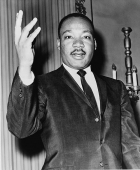
Hidden histories and heroism: post-14 course on multi-cultural Britain since 1945
ArticleClick to view -

How my interest in what I don't teach has informed my teaching and enriched my students' learning
ArticleClick to view -
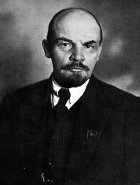
Exploring pupils' difficulties when arguing about a diverse past
ArticleClick to view -
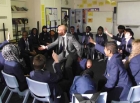
'Doing justice to history': the learning of African history in a North London secondary school
ArticleClick to view -
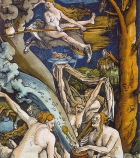
Witchcraft - Using fiction with Year 8s
ArticleClick to view -

A comparative revolution?
ArticleClick to view

